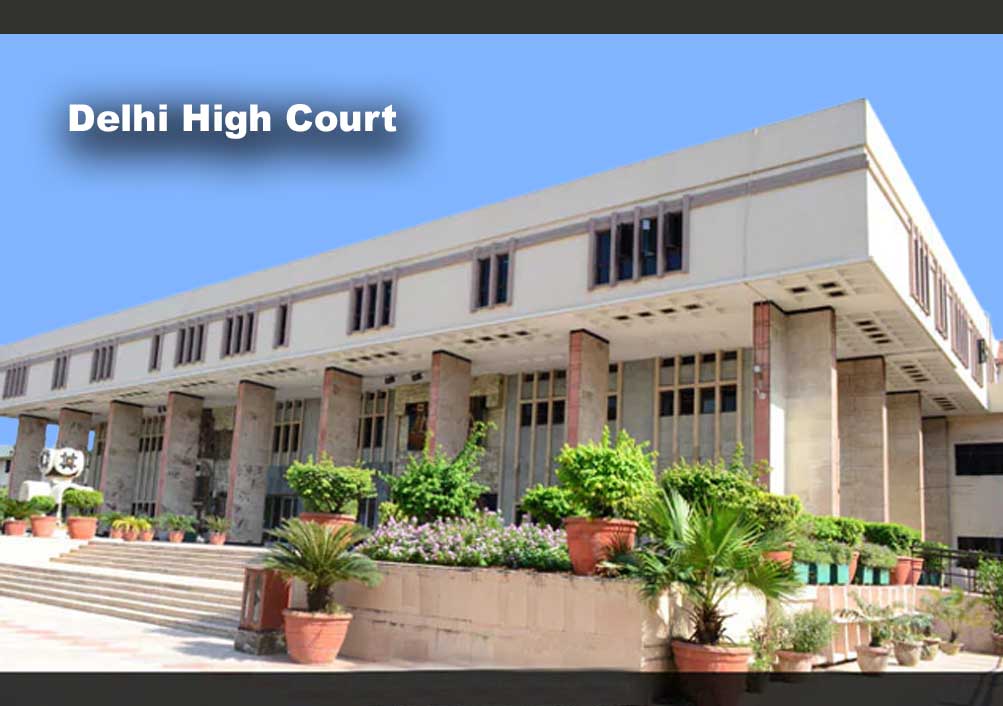‘However strong a suspicion may be, it cannot take place of a proof beyond reasonable doubt’: Delhi High Court acquits two caretakers sentenced to life for murder of 15-year-old
Justice Suresh Kait & Justice Manoj Jain [02-07-2024]

Read Order: MOHD. TAHIR AND ORS v. STATE (NCT OF DELHI) [DEL HC CRL.A. 95/2024 WITH CRL.A. 196/2024]
LE Correspondent
New Delhi, July 3, 2024: The Delhi High Court has acquitted two men, Mohd. Tahir and Umakant Yadav, who were convicted for the murder of a 15-year-old boy. The high court set aside the judgment of the trial court dated October 13, 2023, which had found the accused guilty under Section 302/34 of the Indian Penal Code (IPC) and sentenced them to rigorous imprisonment for life.
“In our considered view, the chain of circumstances put-forth by the prosecution, are inconclusive, untrustworthy and insufficient to bring home the guilt of accused. The prosecution has not been able to prove its case beyond reasonable doubt and as such, the appellants are entitled to get benefit of doubt,” held a bench of Justice Suresh Kait and Justice Manoj Jain.
The case dates back to July 7, 2015, when a boy named Sunil was found dead in Delhi’s Krishna Park area with various injuries on his body. The prosecution alleged that the appellants, who were working as caretakers in a nearby building, had caught the boy on suspicion of theft and brutally assaulted him, leading to his death.
However, the High Court, after carefully examining the evidence and witness testimonies, concluded that the prosecution failed to prove its case beyond reasonable doubt. The court observed that there were inconsistencies and variations in the "last seen" evidence, and the other circumstantial evidence did not conclusively establish the guilt of the accused.
“The settled position of law is that when there are variations or contradictions in the ‘last seen’ evidence, courts must critically examine other corroborative material to ensure that the conviction is based on a firm and reliable foundation. It is essential to consider the entire evidence collectively and in the absence of any reliable material evidence, the conviction cannot be solely premised upon ‘last seen’,” the Bench observed.
The high court noted that none of the prosecution witnesses had seen the appellants assaulting the deceased boy. The recovery of the alleged weapons of offense, a wooden stick and a wooden plank, at the instance of the accused was also found to be doubtful, as they were recovered from an open, visible place without the presence of any public witness. Furthermore, the court pointed out that the head injury, which was the cause of death, could have been caused by hitting against a wall, as per the medical evidence.
The court also found no motive for the caretakers to commit such a crime, as they had no personal enmity with the deceased and were not the owners of the building. “However strong a suspicion may be, it cannot take place of a proof beyond reasonable doubt”, the Bench observed while emphasizing the principles of criminal jurisprudence.
Giving the benefit of the doubt to the appellants, the High Court allowed their appeals and directed their immediate release if not wanted in any other case.
Sign up for our weekly newsletter to stay up to date on our product, events featured blog, special offer and all of the exciting things that take place here at Legitquest.




Add a Comment